Religion is a loaded word. It brings up feelings both positive and negative. Some would say they have no religion. I hear you. So, for the sake of this argument, we’ll shift to a more neutral phrase:
Everyone has a “frame of orientation and devotion.”
Better? Bear with me…
Erich Fromm, in his book, “The Anatomy of Human Destructiveness,” writes that humankind cannot escape the need for two things:
The need to make sense of the world in which we live by constructing a frame of orientation and devotion.
And, the need to have goals in life, whatever they might be, to which we must dedicate time and energies for there achievement.
You choose your reality.
We all create maps of our world—personal constructs—that give us structure and inner cohesion. Without these maps, we would be listless wanderers; we would have no way of positioning ourselves in the world.
Whatever our construct is, it does not matter, it only matters that we have them—that the need for them is universal.
Furthermore, we, as individuals, are prone to disclaim having such a construct. We take our own philosophies and prejudices for granted. For us, our worldview is not a “construct,” at all: it is “reality.” It is common sense. When confronted with other worldviews—especially ones that rub against our own—it is tempting to label those views as “childish,” or “irrational,” while we consider ourselves to be the rational and untouchable ones.
What’s important to Fromm’s thesis is that it’s *easy* for folks to fall into systems of doctrine, because our need for them is so vital, even if those doctrines seem to us to be plainly irrational. These systems of doctrine can be religious, political, or of any nature.
We all struggle against fundamentalism; we all struggle with viewing the world as black and white. It is easy to fall into a doctrine and to become crystalized: strong and sturdy, yet very slow to grow.
It’s also easy to discredit and ridicule others for frames of thought that seem to us to be irrational, stupid, or even dangerous. In a way, this reaction protects us from potential cognitive dissonance; the uncomfortable thought that we, ourselves, may be mistaken in our worldview.
This knee-jerk reaction also keeps us from connecting with others who we think hold irrational, non-rational, or dangerous views. It encourages further isolation where there may be an opportunity for connectedness.
X marks the spot.
Apart from a frame of orientation, we also need a goal. Our map must also have a destination.
This goal is what allows us to transcend our limitations as individuals; it helps us focus our energies, and ties us in with a larger purpose. This goal is what gives our lives meaning.
This goal also ties us in with other individuals. It allows us to connect with others and to find a kind of unity. The need for human connection plays a central role in our lives, and not only a connection to the people *with* us, but to the people before and after our times, as well.
Without the above, we are isolated and lonely. The need for a “map” and a “destination” is an existential reality for humankind. It is so vital, that it may drive some of us to adopt views that, from the outside, seem unsavory, or plain wrong.
Meaning is everywhere.
So what the does this have to do with nutrition and exercise?
Everything.
Because food is never just food, it is *always* a reflection of who we are. Because, according to Fromm, every choice, whether we are conscious of it or not, is a reflection of our frame of orientation and devotion. Every action is imbued with meaning.
It is important to note that our frames of orientation and devotion are always incomplete. They are always a construction. Fromm writes, “….the map was never entirely wrong—nor has it ever been entirely right, either. It has always been enough of an approximation to the explanation of phenomena to serve the purpose of living.”
When we accept that our worldview will always be incomplete, there’s room for growth and curiosity. You might actually test your assumptions, or show compassion towards others who are stuck in an unsavory position.
It’s a liberating feeling to let go—to leave yourself room to be wrong. Then, you’re less like a crystal, and more like water: you can still be strong, but your potential for growth is limitless.




